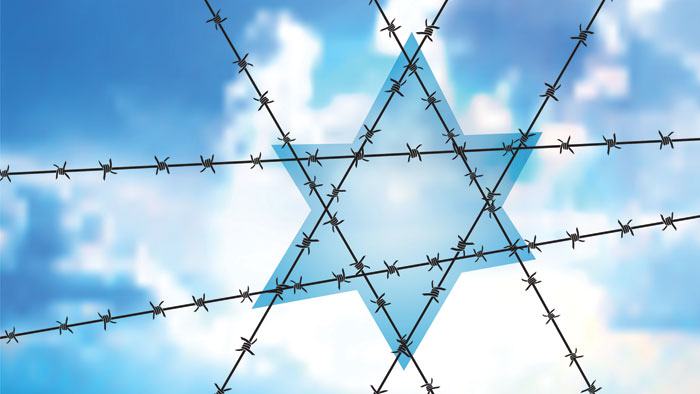
In June 1941, a horrific pogrom during the Shavuot holiday targeted Baghdad’s large Jewish community and resulted in hundreds of murders, rapes, and the mass destruction and looting of Jewish homes, synagogues and businesses. It irreversibly traumatized a once-flourishing Jewish community that had called Mesopotamia home since the sixth-century BCE. By the late 1940s, a mass exodus of over 130,000 Jews had fled Iraq and mostly resettled in the nascent Jewish state.
Fueled by age-old antisemitism and new-found Nazi propaganda, Muslim Iraqis savagely targeted Jewish citizens. Bloodthirsty mobs proved so merciless that some men even cut off the breasts of Jewish young women they had mass-raped and waved them in the air as a sign of savage triumph.
The “Farhud,” or “violent dispossession,” marked the end of 1,300 years of Jewish life and culture in Iraq. It traumatized an entire generation, and its children. The 1941 Farhud was a pogrom against Jews.
On June 23, virulently antisemitic protesters blocked the entrance to a West Los Angeles synagogue and clashed violently with Jewish counterprotesters. It was the perfect storm, with rage-filled protesters who seemed to enjoy instilling fear, violence and chaos in a local Jewish community; worried Jews who had had enough of antisemitism masked as anti-Zionism; and an LAPD presence that was, by all accounts, shockingly unprepared.
The June 23 antisemitic protest was unprecedented in L.A. It was terrifying and traumatic. But it was not a pogrom.
My friend, Sam Yebri, disagrees with me. Yebri is a community and nonprofit leader, an attorney, a stalwart Democrat and a passionate Jewish American voice who serves on the boards of many organizations. Yebri’s family fled Iran when he was one-year-old and I have always found his views to be sage and nuanced. Yebri ran for L.A. City Council in 2022 and was defeated by Katy Young Yaroslavsky.
I have worked alongside Yebri for nearly two decades (we co-founded 30 Years After with other young Iranian American Jews in 2007) and have seen how his deep passion is often tempered by a more sober rationality. That’s why I’ve been so surprised to see that Yebri has continued to refer to the Pico protest debacle as a pogrom.
“2 weeks have passed since the Pico Pogrom in LA,” he wrote in a July 7 post on X. “Not 1 criminal who bludgeoned Jews was arrested. Despite promises from politicians, no new laws (to ban masks at protests, require permits, develop buffer zones near houses of worship, increase security funding) have been adopted.”
I believe Yebri is right about everything. Everything, that is, except using the word “pogrom.” I worry that such practices, however well-intentioned, cheapen the word and demean the suffering of Jews throughout millennia. So I asked Yebri, who was at the protest (I was not) why he believes “pogrom” is apt in describing what happened in L.A. last month.
I worry that such practices, however well-intentioned, cheapen the word “pogrom” and demean the suffering of Jews throughout millennia.
“Words – like ‘violence,’ ‘attack’ or ‘hate crime’ simply do not capture the magnitude of what happened,” he told me. “In the past, Jewish Angelenos have been randomly shot at on Pico and synagogues on Pico have been vandalized. On Thanksgiving Day, the home of a major L.A. Jewish leader was even attacked but the criminals scurried away when the police arrived.
“This time,” he continued, “the violence was not random nor did the criminals shy away when they saw the police. Instead, a menacing mob that celebrates both Hamas by wearing green headbands and Hitler by imitating the Nazi salute marched into Pico-Robertson, one of America’s most Jewish neighborhoods, in plain view of the police, with a singular goal of harming and terrorizing Jews. No other word captures what happened; no other word reminds us what worse will come if people of good conscience do not speak up now.”
In contemplating whether non-Jews may soon stop believing problematic Jewish claims about pogroms, I was humbled by my own skepticism over whether most non-Jews worldwide even know the definition of “pogrom.”
Let that sink in for a moment.
My ardent belief that the protest wasn’t a pogrom was vindicated on July 7, when an attorney for Ronen Helmann filed a lawsuit against Code Pink and the Palestinian Youth Movement (PYM) because they prevented him from entering a place of worship on June 23. I can’t recall the last anti-Jewish pogrom in which Jews were allowed to sue their persecutors two weeks afterwards, claiming that their First Amendment rights were violated because they couldn’t enter a synagogue. (Only in America, it seems.)
There were many angry Jews who counterprotested and who later told me that they were comfortable calling the incident a pogrom. But unlike Yebri, some of them are not pro-Israel Democrats; many are self-described pro-Israel Jews with deeply right-wing values.
And ironically, one of the biggest thorns currently in their side — for the ones who love Donald Trump, at least — is the multitude of Jews who now are incessantly comparing Trump to Adolf Hitler, and the Trump movement to Nazism.
Just when I thought Jews needed to be more careful about fomenting alarmism, an entirely different contingent of Jews now insists that the candidate running (again) for the American presidency is none other than the Fuhrer, with orange hair — and without the mustache.
Of course, this isn’t the first Trump-Hitler comparison. That began in 2016, when seemingly everyone from the cast of “Saturday Night Live” to Abe Foxman of the ADL and Vicente Fox, the former president of Mexico, claimed there were Trump/Nazi similarities. Even former Fox News host Glenn Beck told George Stephanopoulos, “You know, we all look at Adolf Hitler in 1940. We should look at Adolf Hitler in 1929. He was a funny kind of character who said the things that people were thinking.”
More recently, a December 2023 opinion essay in The Washington Post was titled, “Yes, it’s okay to compare Trump to Hitler. Don’t let me stop you.” One Jewish friend named Michael recently posted on Facebook a meme of a screaming Trump with fire behind him that read, “Don’t worry about the blood bath if he loses. Worry about the death camps if he wins.”
Really? Death camps?
I asked my friend to clarify whether he truly believes what he posted. “For the Jewish people, Trump is nothing like Hitler. However, he does use Hitler’s playbook by denigrating groups that do not fit the White American ideal — Mexicans, Muslims, disabled, and gay community targets,” Michael said. “In Nazi Germany, first they came for the Jews, then the Gypsies, and the disabled … If we don’t stand up to this now, Project 2025 has a good chance of implementation, and our Democracy goes down the tubes.”
If you’re not familiar with Project 2025, it’s a playbook for presidential transition proposed by The Heritage Foundation, though it sounds more like a 1950s sci-fi film about mutant cars that drive themselves in the year 2025.
I understand some of my friend’s concerns, and Trump’s most die-hard followers, especially the ones who zealously salute him by raising their right hands, are inarguably unsettling.
But one of the biggest dangers of the Trump-Hitler comparison is one that’s often overlooked: In such a hysterical, binary inflation of language and imagery, it now seems all but guaranteed that anyone who argues that Trump is not a new Hitler will do so at their own peril.
It used to be that we canceled someone by calling them a Nazi. Now, we cancel them if they refuse to call others Nazis.
How sad that it took an assassination attempt against Trump for many of my friends to pause the Hitler comparisons and rightly declare that political violence has no place in America, even if the target of such violence was a man whom they truly deplore.
I thought about asking Holocaust survivors what they think about the comparisons to Nazism. But I couldn’t bring myself to do so They will read this nonsense for themselves, if they haven’t done so already. I have a hunch about what they would say, even the ones who dislike Trump, but I’ll spare readers the use of colorful Yiddish expletives.
Of all the allusions to Trump and Hitler, the one about death camps bothers me the most. Consider this: If the average non-Jewish undergraduate sees image after image of Trump as Hitler, a certain desensitivity will eventually set in, if it hasn’t already. And this kind of desensitivity won’t do much to taint Trump; it’ll only water down Hitler. And at a time when most college students don’t even know the meaning of Auschwitz, that’s unforgivable meshugas.
Tabby Refael is an award-winning writer, speaker and weekly columnist for The Jewish Journal of Greater Los Angeles. Follow her on X and Instagram @TabbyRefael.







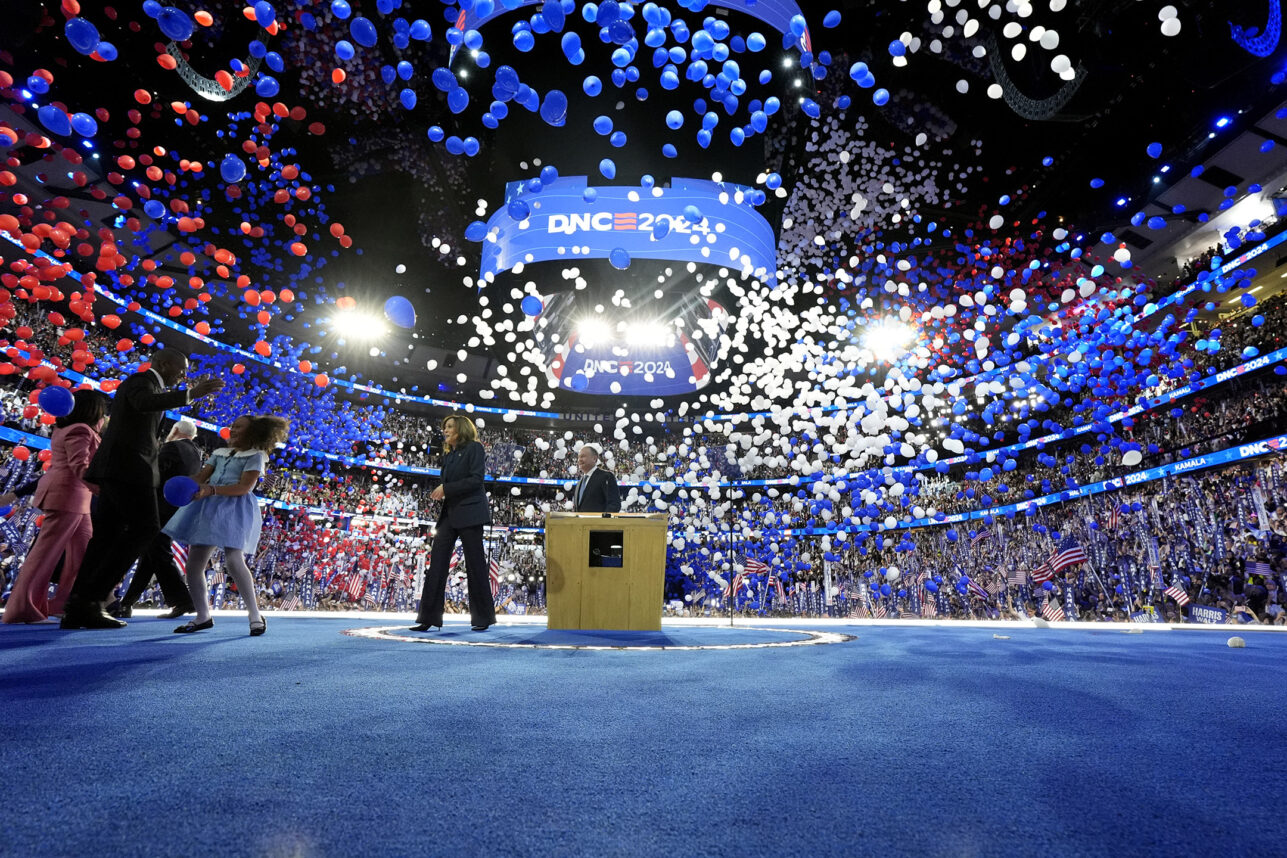

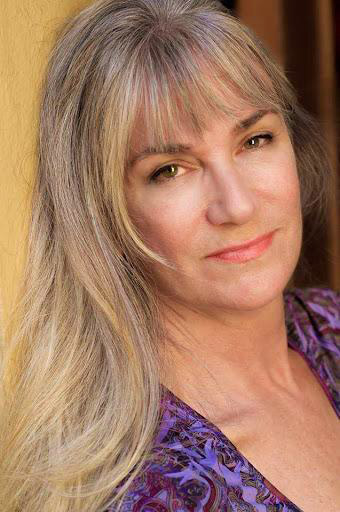
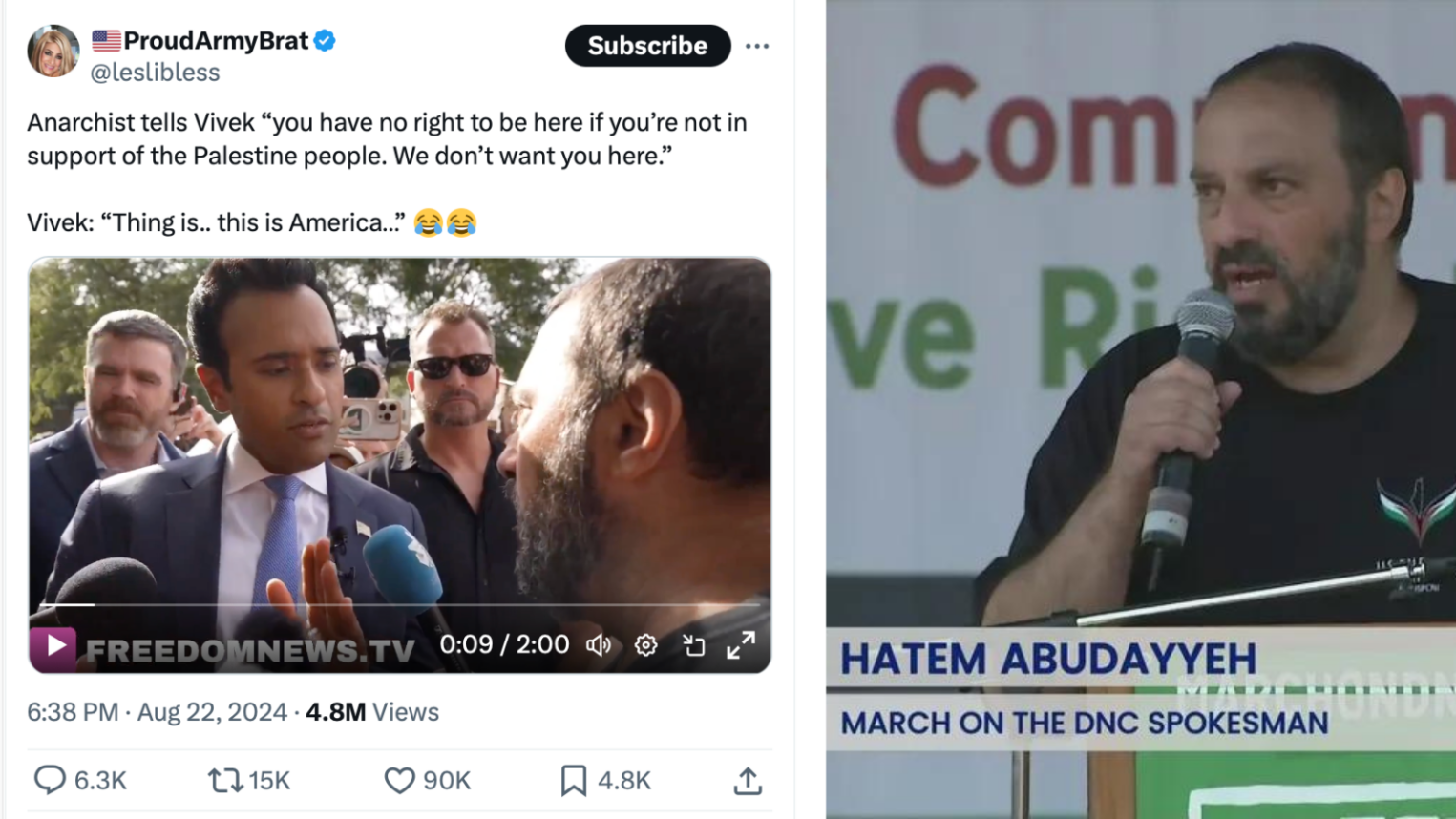
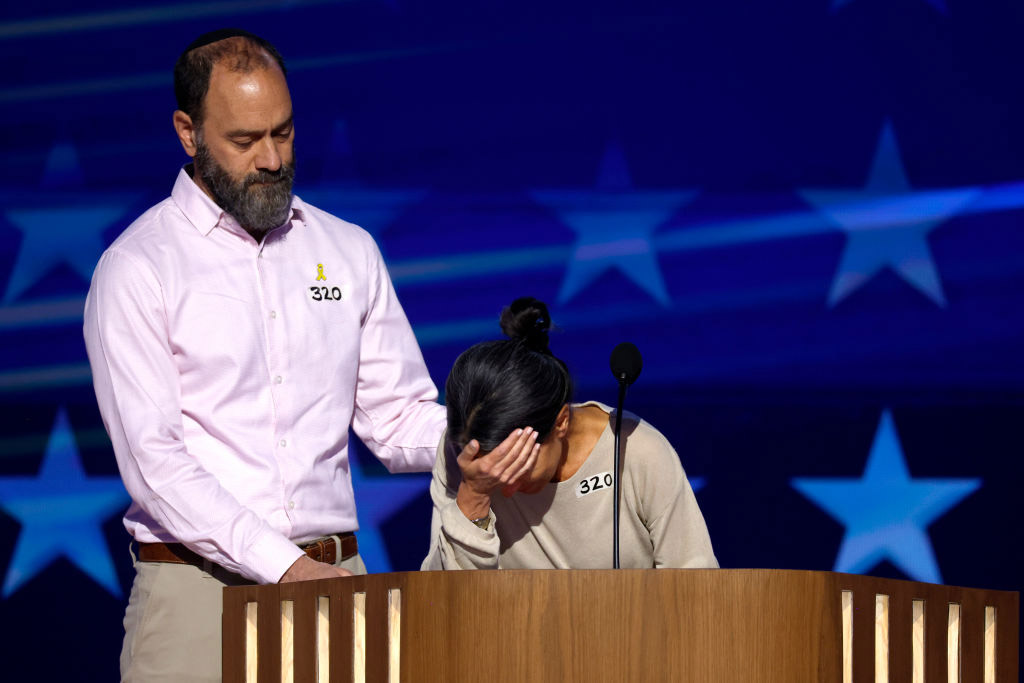
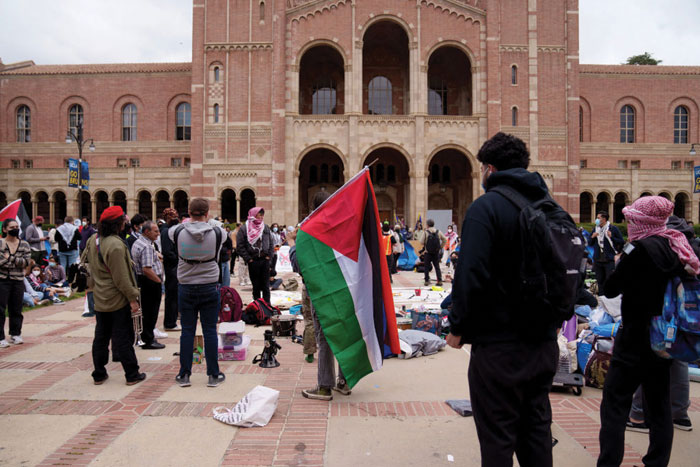
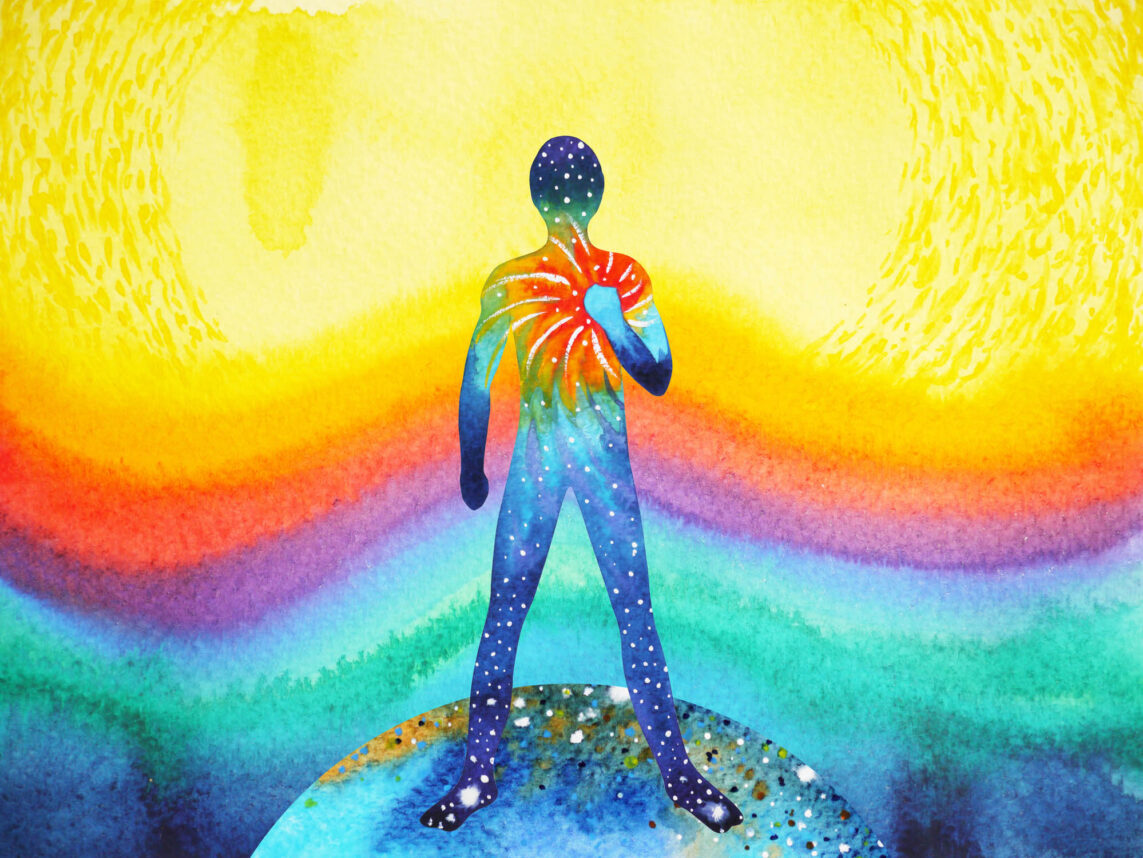
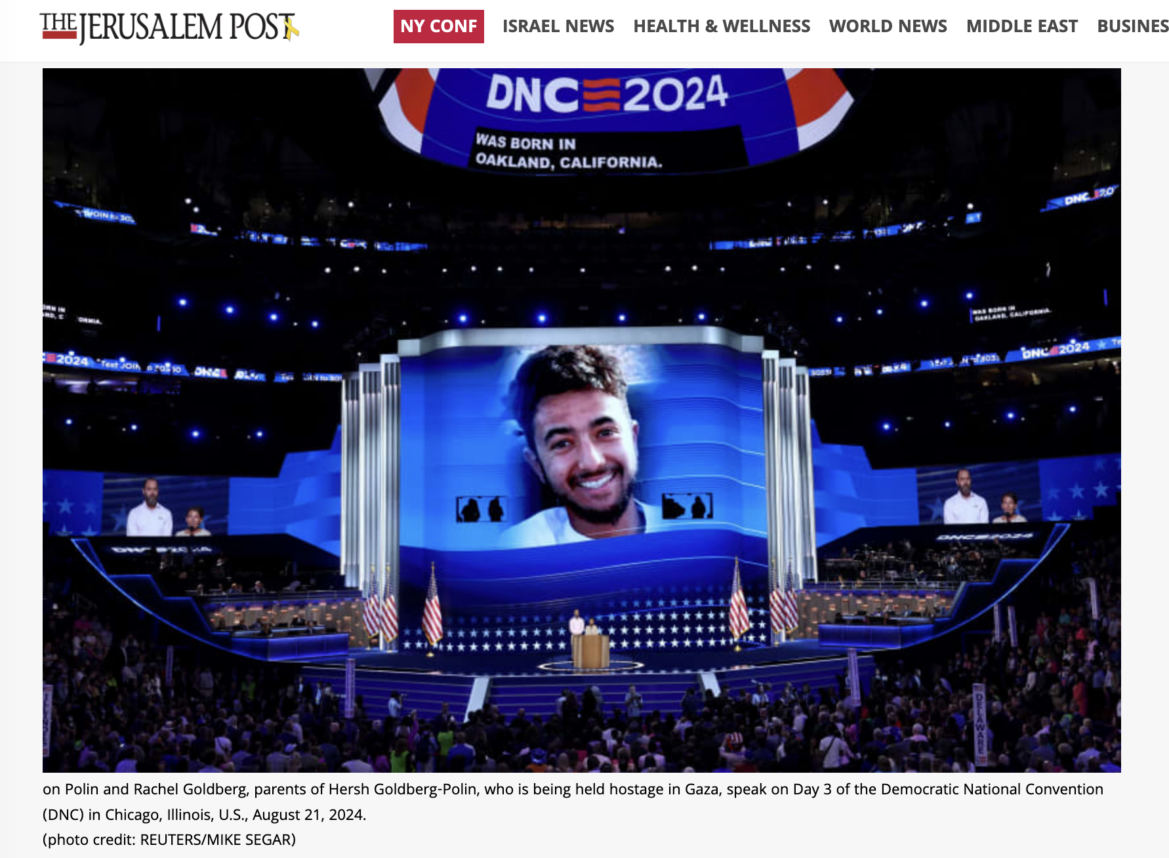
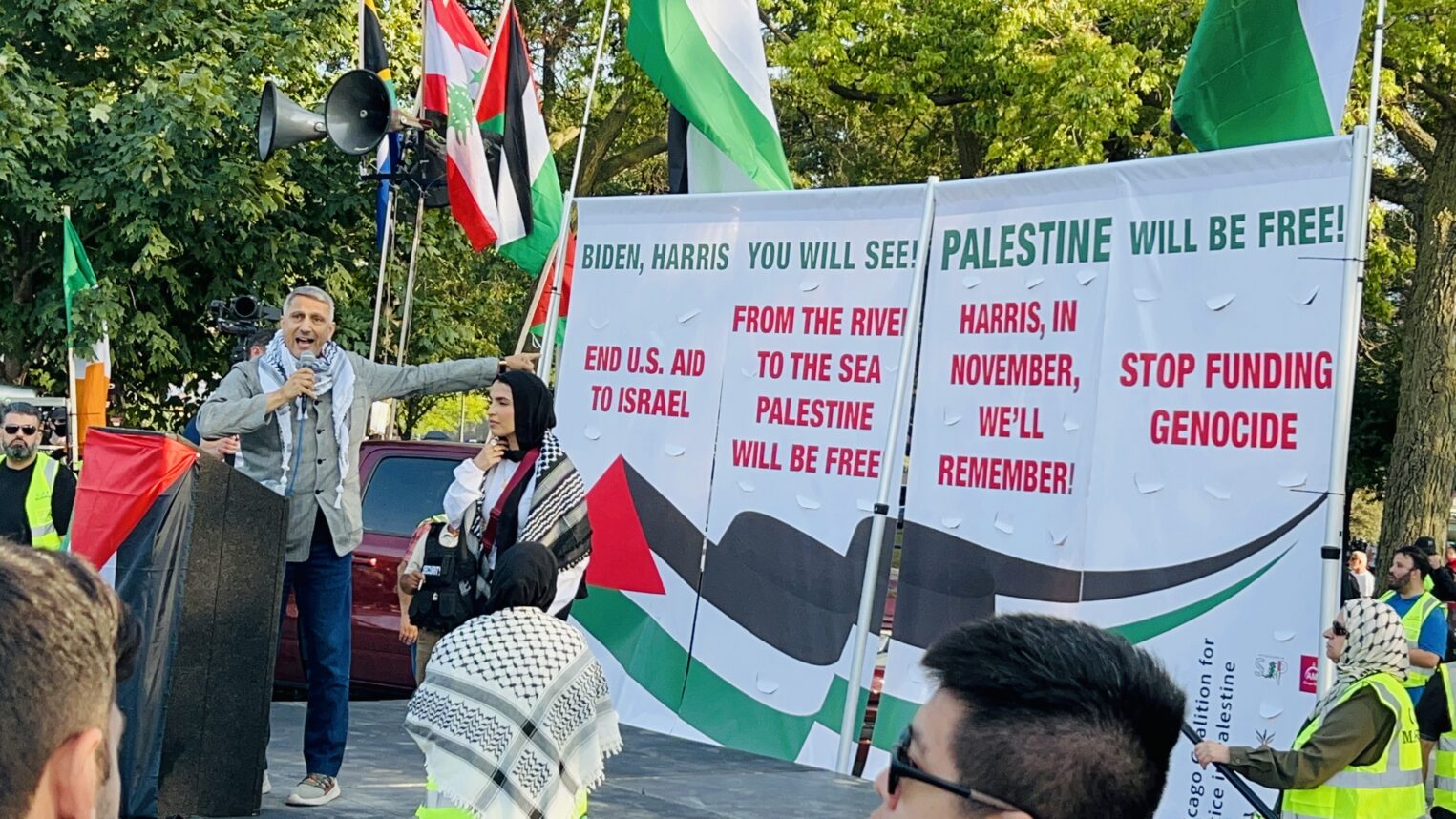







 More news and opinions than at a Shabbat dinner, right in your inbox.
More news and opinions than at a Shabbat dinner, right in your inbox.